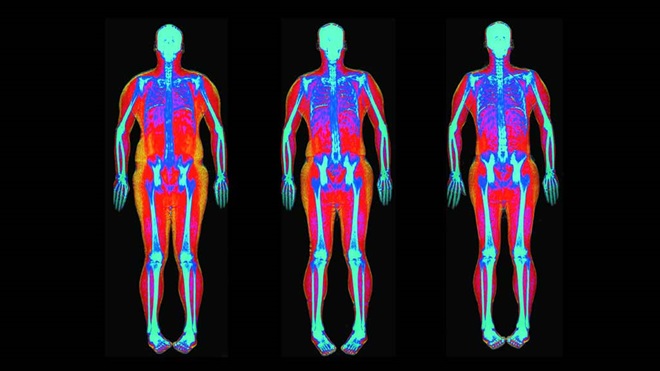Concepts from the unit
- Macronutrients
- Energy balance
- Digestion and absorption
- Metabolism
- Food labels and health claims
Guiding Question: How might the modern diet affect digestion and long-term health? How can consumers make better food choices?
The modern diet which often includes highly processed foods, excess sugars, and saturated fats may impact digestion, metabolism, and long-term health in many ways. These processed foods are often designed to be addictive with ideal ratios of sugar, salt, and fat to trigger overeating. Increased consumption of added sugars and processed carbohydrates spike insulin levels. Insulin is a hormone that promotes fat storage through constant sugar intake. Insulin resistance contributes to illnesses like type 2 diabetes, heart disease, and non-alcoholic fatty liver disease even in children. Processed foods are also low in fiber, which is a key macronutrient that slows sugar absorption and supports digestive health. Fiber plays an important role in feeding helpful gut bacteria and regulating blood sugar levels (Soechtig, 2014).
Although traditional nutrition advice emphasizes the concept of “calories in vs. calories out”, not all calories are metabolized the same. For example, fructose, a common sugar found in sodas, candies, and processed foods, is digested differently than glucose. It is processed in the liver, the same way alcohol is processed, where it turns into fat and can contribute to insulin resistance and fatty liver disease. This also causes the “skinny-fat” phenomenon, medically known as Metabolically Obese, Normal Weight (MONW). This is when individuals appear average by Body Mass Index (BMI) but have high internal fat and metabolic dysfunction due to poor nutrient intake and a lack of muscle mass. These individuals are often unaware of their health issues without advanced tests like DEXA scans and blood work, as they look healthy on the outside (Soechtig, 2014).
People should prioritize whole foods, fruits, vegetables, whole grains, and plant-based proteins which help with digestion, supply necessary micronutrients, and support balanced energy and metabolism. Processed food that are high in free sugars (added sugars, juice/honey sugars, not milk/fruit sugars) and contribute to inflammation and chronic disease should be avoided. Water is recommended as the beverage of choice to support metabolism and digestion without adding sugar or calories (Government of Canada, n.d.).



Consumers can make better food choices by (Government of Canada, n.d.):
- Avoiding processed and packaged foods with long ingredient lists → they often contain hidden sugars and unhealthy fats.
- Choose high-fiber, nutrient-dense whole foods to support digestion and gut health.
- Cook at home to save money, improve cooking skills and also control sugar, fat, sodium content and portions.
- Practice mindful eating by making healthy choices convenient, eating with others, putting away distractions (electronics, TV), eating slowly and paying attention to hunger and fullness signals.
- Read nutrition labels to avoid high amounts of sugar, saturated fat, and sodium. (Note: More than 15% Daily Value is a lot, less than 5% Daily Value is a little)
- Be mindful of marketing tactics that target children and promote junk food → these foods are often promoted with colorful packaging, cartoon characters, and school vending machines.
